Blockchain, the technology behind popular cryptos such as Bitcoin (BTC) and Ether (ETH), is increasingly gaining acceptance within the financial industry with a number of institutions already employing the technology to improve their services. For instance, banking giant JPMorgan and payments firm Visa have teamed up to streamline their respective private blockchain payments solutions.
JP Morgan is teaming up with Visa to streamline the usage of Link and B2B Connect to facilitate cross-border payments, according to Cointelegraph. Link is JPMorgan’s network that is designed for cross-border transfers.
Link is offered under JPMorgan’s payments initiative Onyx. Using the Onyx platform, institutions can share financial information and validation transactions such as cross-border payments.
Meanwhile, B2B Connect is a network similar to Link but operated by Visa. Just like Link, B2B Connect was specifically designed for institutional use and has been recently integrated with Onyx’s validation system Confirm, which makes it easier to streamline the two networks.
Confirm is Onyx’s account information validation product, which can validate the genuine identities of transacting parties. Confirm has the ability to verify more than 2 billion bank accounts from 3,500 financial institutions.
JP Morgan is reportedly planning to launch Confirm in 10 countries by the end of 2022 and eventually roll out the product in 30 countries by 2023. To make it happen, the bank is planning to partner with a host of founding member banks across the globe. Germany-based Deutsche Bank has already agreed to become a founding member of Confirm.
“Confirm’s growth is heavily influenced by network effects,” Confirm’s global head Alex Littleton said in a public statement. “Naming Deutsche Bank as a founding member, while also establishing interconnectivity to Visa B2B’s blockchain, will accelerate our adoption on a global scale.”
Many have already acknowledged blockchain technology as a potential solution to the problems associated with traditional cross-border payments. “It is slow, costly, opaque, and inefficient, relying on an archaic network of correspondent banks,” Ravi Menon, Managing Director of the Monetary Authority of Singapore, noted in a keynote speech.





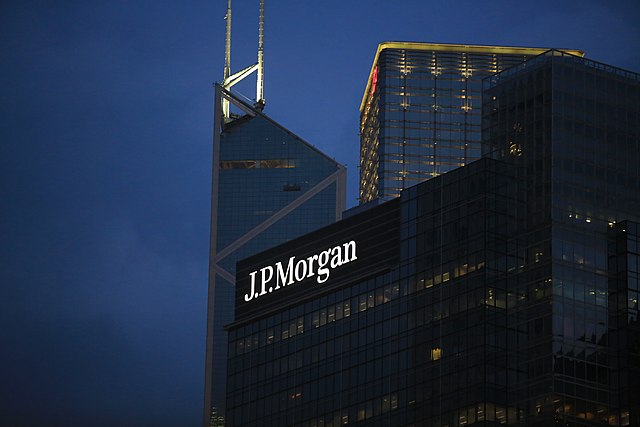


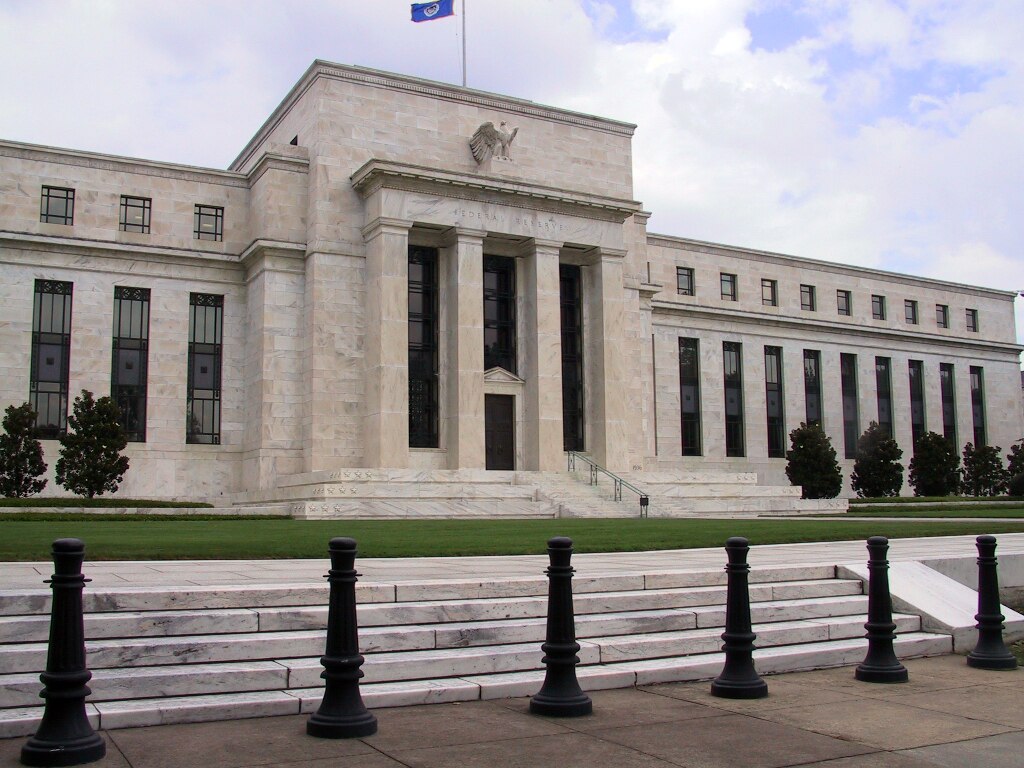
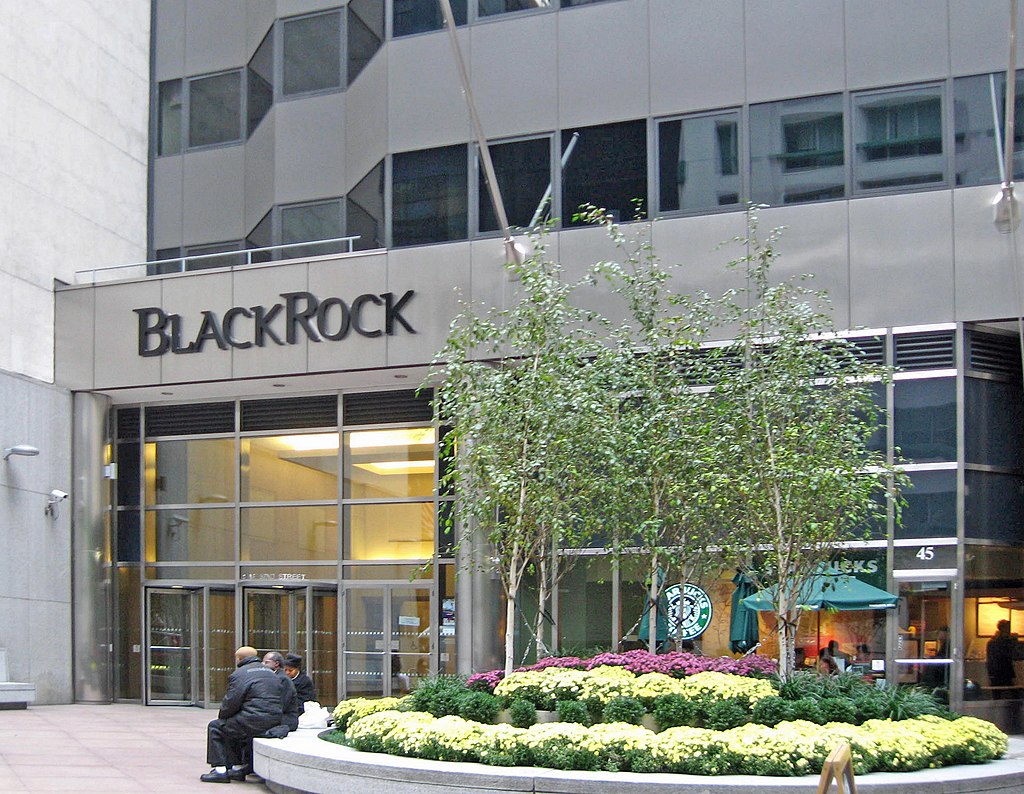










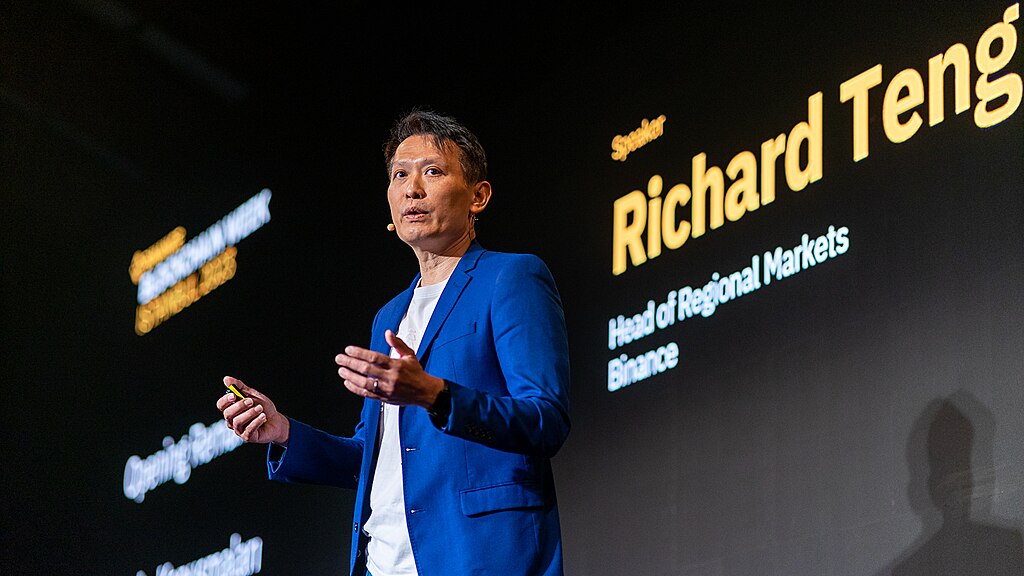
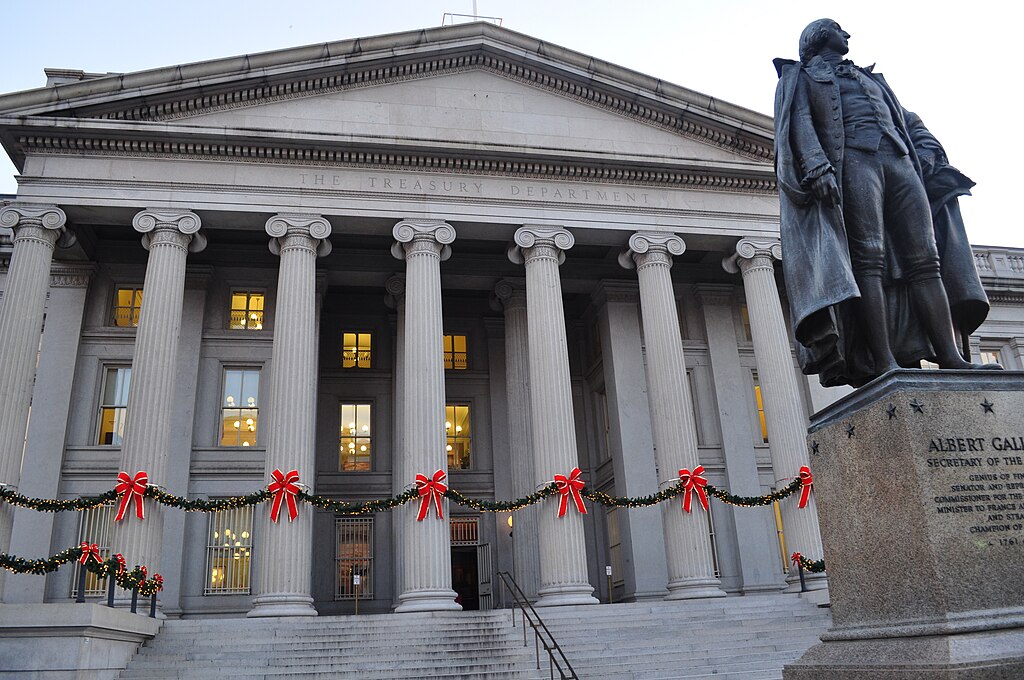

Comment 0